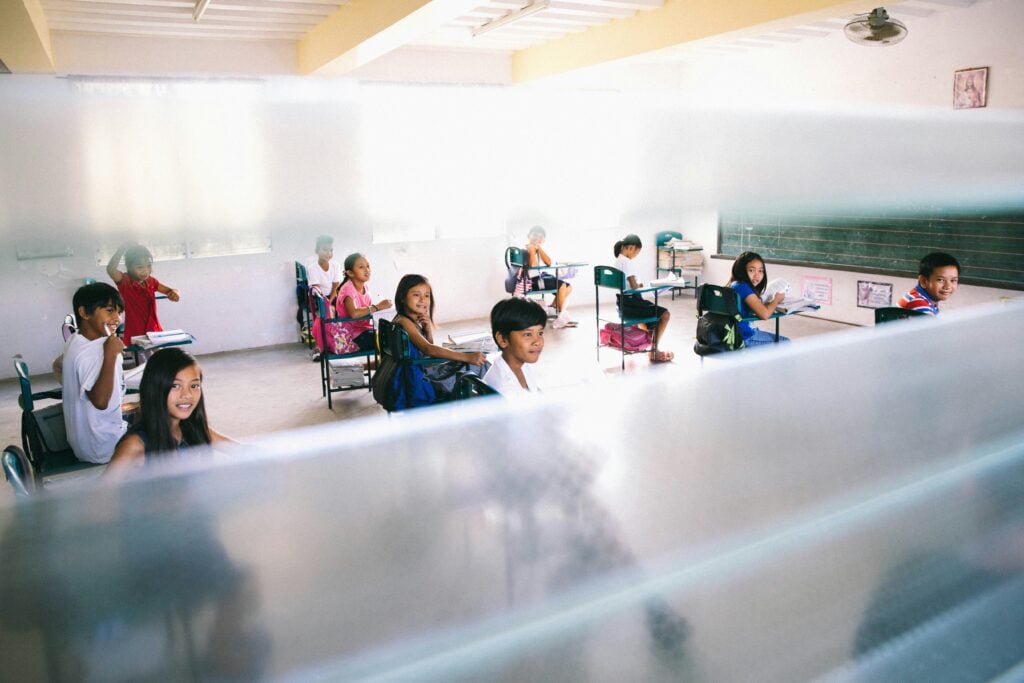Public school teachers in the Philippines perform various tasks that can be considered health work
03 Dec 2024

While the chronically overburdened state of public school teachers in the Philippines is well-established, little is known about how they specifically provide ‘care’ and attend to their students’ health in the workplace. This article addresses that knowledge gap by illustrating the many forms of ‘health work’ undertaken by public school teachers on a daily basis, and analyzing the concrete challenges they face in doing such work. In so doing, this article provides a qualitative construction of school teachers as ‘health workers’ in the country.
The article finds that teachers regularly fulfill various tasks that can be considered health work, including measuring students’ anthropometrics; supervising and administering government programs like deworming, feeding programs, and vaccinations; providing first-aid and various forms of immediate medical attention; addressing students’ mental and psychological health concerns; and working with students’ families in ways that resemble social work. However, the study participants largely considered themselves unqualified to do health work, often sacrificed their own personal health and interpersonal relationships to take on the additional burden of health work, and felt they received insufficient institutional support.
Teachers’ role as ‘health care workers’ has not been documented in scholarly literature. This paper fills this gap by presenting findings from a multi-sited qualitative study. It offers insights and recommendations as to how to ensure the teachers’ welfare while also advancing the health of schoolchildren.
Authors: Gideon Lasco (School of Government, Ateneo de Manila University; Department of Anthropology, College of Social Sciences and Philosophy, University of the Philippines Diliman), Vincen Gregory Yu, Clarissa C. David and Ivyrose S. Baysic (School of Government, Ateneo de Manila University)
Read the paper: https://actamedicaphilippina.upm.edu.ph/index.php/acta/article/view/8146
